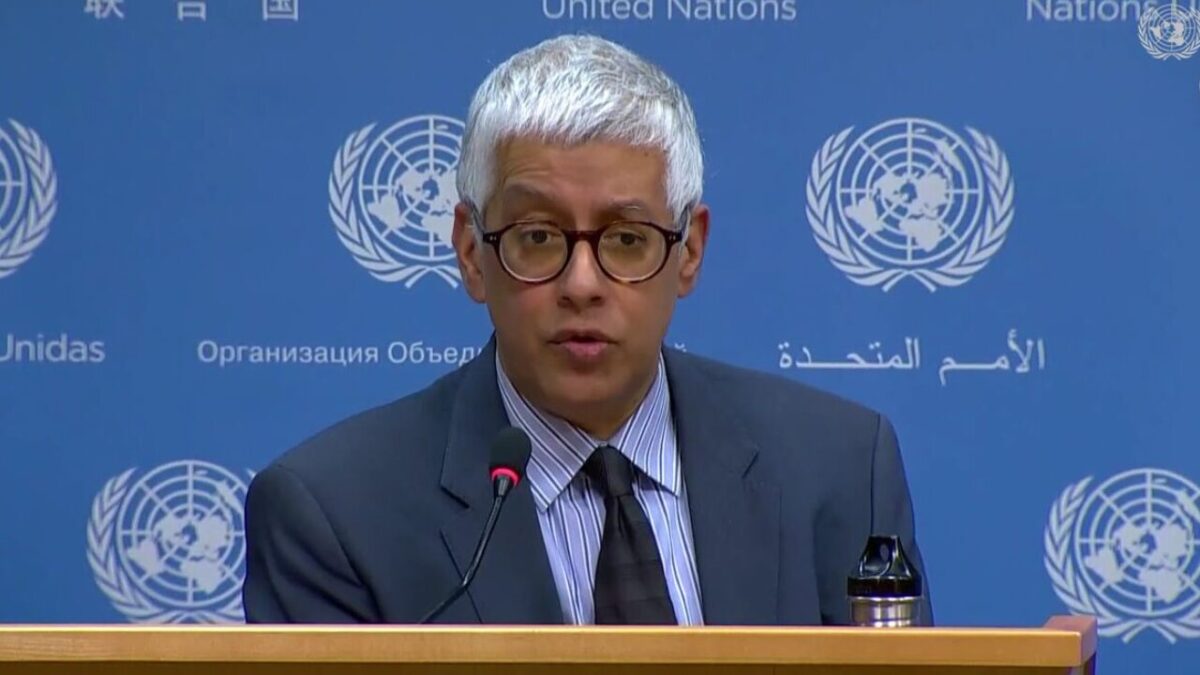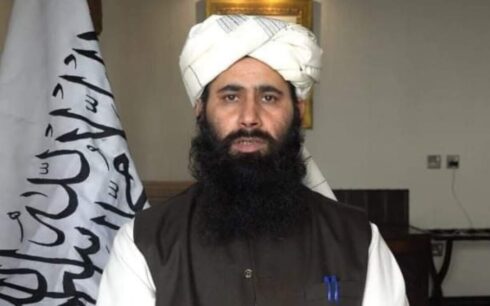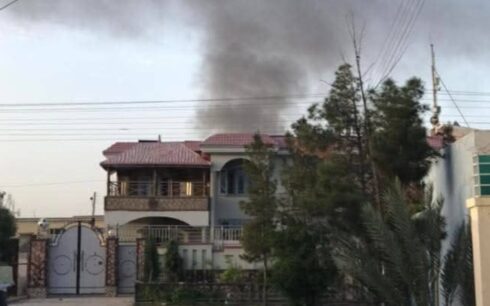The UN spokesperson, Farhan Haq, at a press briefing on Tuesday, said in response to a question that the United Nations does not treat the Taliban as a legitimate government but treats them as de facto authorities on the ground.
He made the remarks in response to a question about UN Special Rapporteur Richard Bennett’s recommendations that the Taliban should not be treated as a recognized government.
“Well, I just want to underscore that we treat them as the de facto authorities on the ground. They are not treated as the recognized Government of Afghanistan,” Haq said.
Haq also discussed the upcoming meeting on Afghanistan in Doha, scheduled for June 30. He noted that preparations for the event are ongoing. “At this stage, the arrangements for the conference are still ongoing, so I don’t have the full details to provide. You’ve seen that we had announced the invitation to the Taliban and we’re continuing to work with the various parties. But closer to the date, we’ll try to get details about the various arrangements,” he said.
Addressing concerns about gender apartheid, Haq reiterated the U.N.’s stance. “You’ll have seen what the Secretary-General, the Deputy Secretary-General — who visited Afghanistan last year — and others have said. This is a key concern, and we want to ensure that the rightful role of women in society is respected in Afghanistan, as it needs to be everywhere in the world. Regarding the reports, these are reviewed by the Human Rights Council. So, we will leave the matter in the hands of the Human Rights Council,” he added.
On Tuesday, June 18, Bennett addressed the U.N. Human Rights Council, stating that the systemic oppression against Afghan women and girls is “so severe and extensive that they appear to form a widespread and systematic attack” which could amount to crimes against humanity.
Since the Taliban takeover, a series of decrees have effectively eliminated the fundamental freedoms of Afghan women and girls, with violence being used to enforce these edicts. According to Bennett’s report, this systematic oppression will disempower Afghan women for generations, entrenching their inferior socioeconomic status and state-enforced dependence on men.





